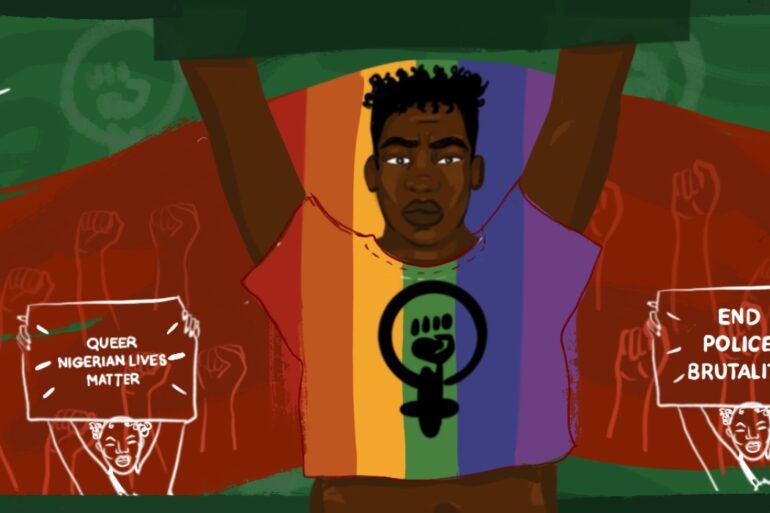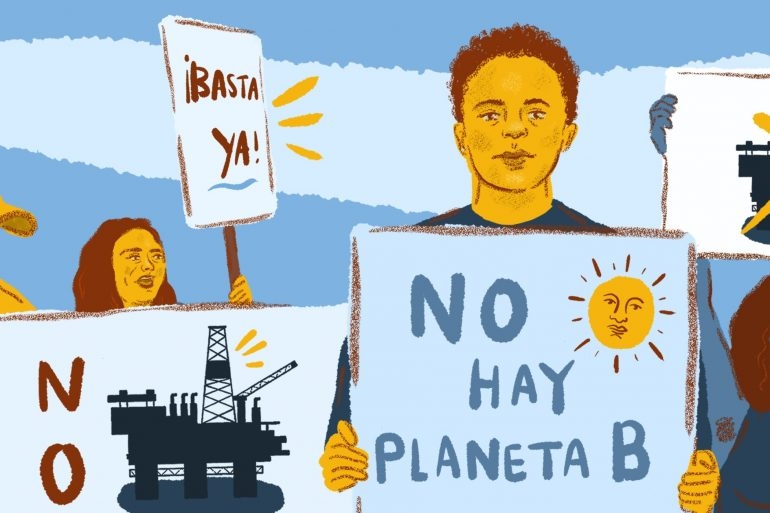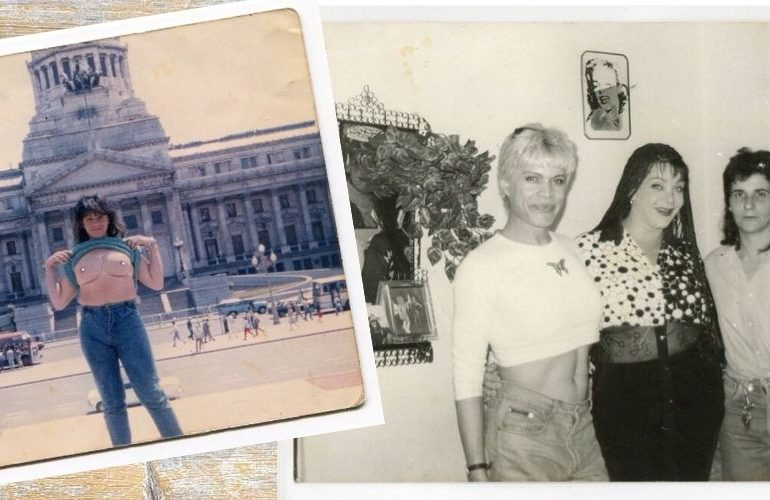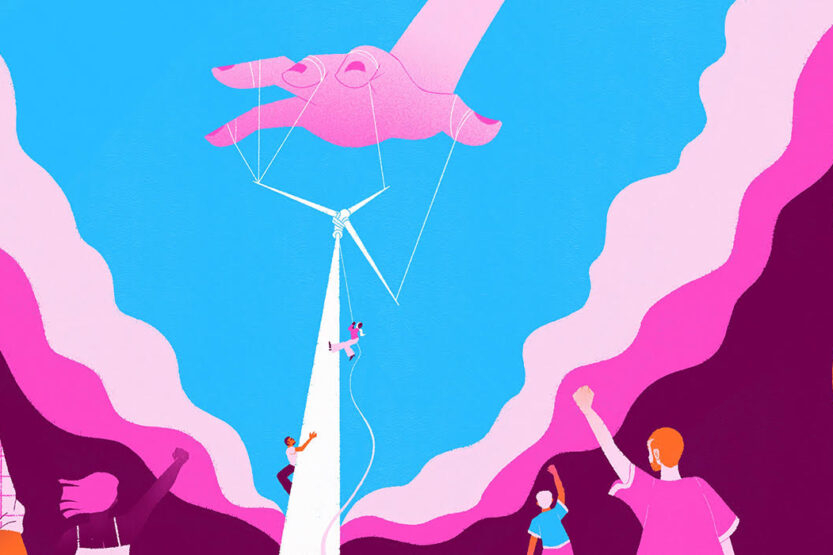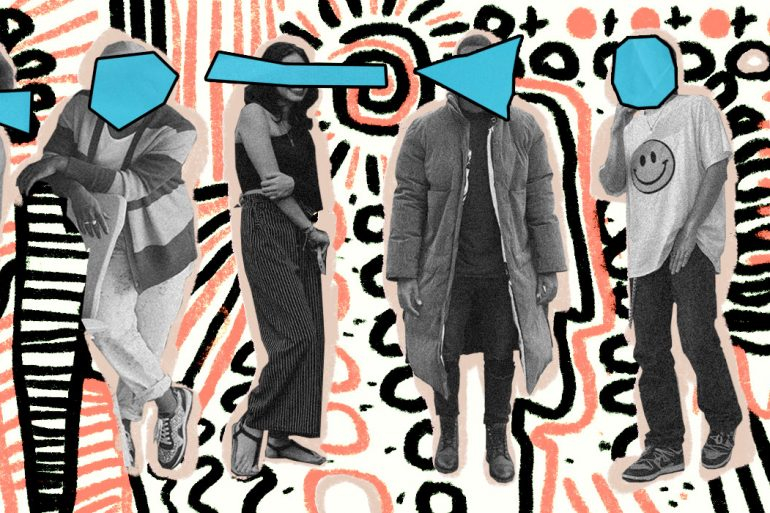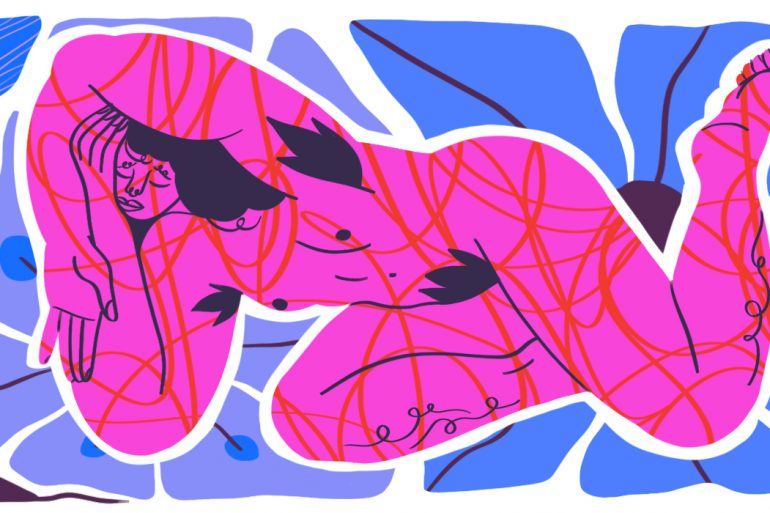We’re in the grips of a global democratic crisis. Governments all over the world are using state instruments to restrict public freedoms and to stifle the role of civil society. From human rights violations to the unlawful detentions of journalists and activists, the situation is worsening by the day. As a community organiser, I have seen firsthand how the government in Nigeria is wrongfully silencing the voices of its citizens.
During the END SARS protests of October 2020, the government of Nigeria clamped down on peaceful protesters. Oke Ridwan, a lawyer who volunteered to facilitate the release of numerous protesters, said that: “in most of the cases, the police denied that they had arrested anyone. We had to scour various police stations to ascertain the location of some protesters. When I met many of them they had been beaten badly and placed under trumped-up charges.”
Twelve months after the protests, nothing seems to have changed. On hearing the news that young Nigerians were planning a protest to commemorate the first anniversary of END SARS in October 2021, the Lagos State Commissioner of Police, Hakeem Odumosu, immediately condemned any action. “The police will use all legitimate means within their constitutional powers to suppress the planned protest.” Doubling down, he continued; “the police in the state will not fold their arms and allow some misguided elements disrupt the peace and serenity currently enjoyed in the state.”
The police commissioner’s ominous statement does not come as a surprise. While framed as a measure to prevent violence, it reflects a system that gags its citizens.
This is a common tactic used by governments across the world. According to a report by the Westminster Foundation for Democracy, governments often use new legislation to close civic space under the excuse of needing effective regulation. This argument provides a veneer of legitimacy, deflecting international and domestic criticism while ignoring the main purpose of this legislation: to weaken any potential opposition.
This tactic has played out in different ways, especially in Nigeria. When the Federal Government of Nigeria banned Twitter this year, it was on the grounds that the platform had supposedly disrespected the President and allowed the spread of hate speech and fake news. Information Minister, Lai Mohammed, said: Twitter was banned because of the “continuous use of the platform for activities capable of undermining Nigeria’s corporate existence”.
Before this ban were several previous attempts to criminalise the use of social media. In 2019, an ‘anti-social media bill’ was introduced in the Nigerian Senate. The bill was sponsored by Senator Mohammed Sani Musa and was entitled ‘Protection from Internet Falsehood and Manipulations Bill 2019’. The civic space strongly opposed the bill, describing it as an attempt to restrict freedom of speech.
So when the government eventually did ban Twitter, it was not a spontaneous reaction to some new perceived danger, it was in fact a carefully planned decision that had been in the works for a while. These continued concerted efforts to shrink the civic space has a significant impact on Nigeria’s democracy.
CIVICUS says, “the civic space is the bedrock of any open and democratic society. When the civic space is open, citizens and civil society organisations can organise, participate and communicate without hindrance. In doing so, they can claim their rights and influence the political and social structures around them. This can only happen when a state stands by its duty to protect its citizens and respects and facilitates their fundamental rights to associate, assemble peacefully and freely express views and opinions. These are the three key rights that civil society depends on.”
One thing is evident since the END SARS protest: the government is determined to ensure that citizens, particularly young Nigerians, are unable to organise, coordinate or assemble themselves to demand a better country. It is dangerously similar to what Nigerians experienced under military regimes and underlines just how fragile our democracy is.
The last year in Nigeria has been a show of a dwindling democratic system. All the while, the government of the day remains unapologetic about its stance on issues relating to human rights.
State sanctions on social media are an attack on a key organising tool for young people and their protesting rights. However, Nigeria’s citizens aren’t taking the restriction of their democratic space lying down. Communities across the country are now building on the movement of END SARS to teach Nigeria’s citizens about politics, their voting rights, their human rights and various social justice issues. Hive launched an engagement series in June 2021 to highlight the impact of civic responsibility on governance. The focus is to help citizens identify the challenges in demanding responsible governance and how they can impact government policies. This education will raise the consciousness of citizens, enabling them to demand reforms, accountability and social justice from the government.
One year after END SARS, the problems are still there. Police continue to brutalise Nigerians and the government harasses protesters and locks up journalists. Yet, I believe that the protest, which has grown to become a movement, has exposed the rot within these institutions, and Nigerians can now tackle the problems head-on. I agree with Hamzat Lawal, the Chief Executive of Connected Development (CODE), that the “END SARS movement is an opportunity to create a solidarity community to advance the civic space”.



